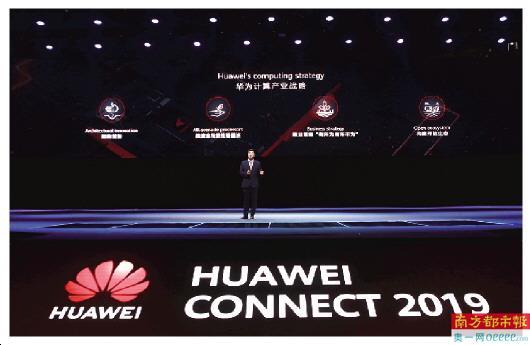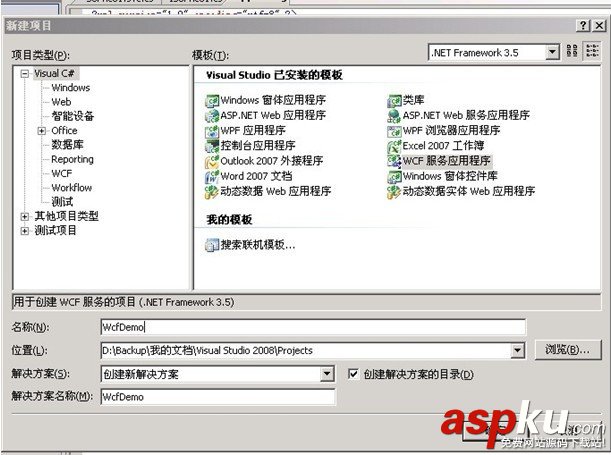本文实例讲述了C#实现动态加载dll的方法。分享给大家供大家参考。具体实现方法如下:
using System;
using System.Collections.Generic;
using System.Text;
using System.Reflection;
using System.IO;
namespace Alif.CommonAPI.DynamicLoadAssembly
{
public class AssemblyDynamicLoader<T>
{
private AppDomain appDomain;
private DynamicRemoteLoadAssembly<T> remoteLoader;
public T InvokeMethod(string assemblyName, string assemblyPath, string assemblyConfigFilePath, string fullClassName, string methodName, params object[] args)
{
AppDomainSetup setup = new AppDomainSetup();
setup.ApplicationName = "ApplicationLoader";
setup.ApplicationBase = AppDomain.CurrentDomain.BaseDirectory + @"bin/";
//setup.PrivateBinPath = Path.Combine(AppDomain.CurrentDomain.BaseDirectory, "private");
setup.CachePath = setup.ApplicationBase;
setup.ShadowCopyFiles = "true";
if (assemblyConfigFilePath != string.Empty)
{
setup.ConfigurationFile = AppDomain.CurrentDomain.BaseDirectory + assemblyConfigFilePath;
}
setup.ShadowCopyDirectories = setup.ApplicationBase;
setup.LoaderOptimization = LoaderOptimization.SingleDomain;
this.appDomain = AppDomain.CreateDomain("ApplicationLoaderDomain", null, setup);
String name = Assembly.GetExecutingAssembly().GetName().FullName;
this.remoteLoader = (DynamicRemoteLoadAssembly<T>)this.appDomain.CreateInstanceAndUnwrap(name, typeof(DynamicRemoteLoadAssembly<T>).FullName);
assemblyName = AppDomain.CurrentDomain.BaseDirectory + assemblyPath + assemblyName;
return this.remoteLoader.InvokeMethod(assemblyName, fullClassName, methodName, args);
}
/// <summary>
///
/// </summary>
public void Unload()
{
try
{
AppDomain.Unload(this.appDomain);
this.appDomain = null;
}
catch (CannotUnloadAppDomainException ex)
{
}
}
}
}
using System;
using System.Collections.Generic;
using System.Text;
using System.Reflection;
using System.Globalization;
namespace Alif.CommonAPI.DynamicLoadAssembly
{
public class DynamicRemoteLoadAssembly<T> : MarshalByRefObject
{
private Assembly assembly = null;
public T InvokeMethod(string assemblyPath, string fullClassName, string methodName, params object[] args)
{
this.assembly = null;
T result = default(T);
try
{
this.assembly = Assembly.LoadFile(assemblyPath);
Type pgmType = null;
if (this.assembly != null)
{
pgmType = this.assembly.GetType(fullClassName, true, true);
}
else
{
pgmType = Type.GetType(fullClassName, true, true);
}
BindingFlags defaultBinding = BindingFlags.DeclaredOnly | BindingFlags.Public | BindingFlags.NonPublic | BindingFlags.Instance | BindingFlags.IgnoreCase | BindingFlags.InvokeMethod | BindingFlags.Static;
CultureInfo cultureInfo = new CultureInfo("es-ES", false);
try
{
MethodInfo methisInfo = assembly.GetType(fullClassName, true, true).GetMethod(methodName);
if (methisInfo == null)
{
new Exception("EMethod does not exist!");
}
if (methisInfo.IsStatic)
{
if (methisInfo.GetParameters().Length == 0)
{
if (methisInfo.ReturnType == typeof(void))
{
pgmType.InvokeMember(methodName, defaultBinding, null, null, null, cultureInfo);
}
else
{
result = (T)pgmType.InvokeMember(methodName, defaultBinding, null, null, null, cultureInfo);
}
}
else
{
if (methisInfo.ReturnType == typeof(void))
{
pgmType.InvokeMember(methodName, defaultBinding, null, null, args, cultureInfo);
}
else
{
result = (T)pgmType.InvokeMember(methodName, defaultBinding, null, null, args, cultureInfo);
}
}
}
else
{
if (methisInfo.GetParameters().Length == 0)
{
object pgmClass = Activator.CreateInstance(pgmType);
if (methisInfo.ReturnType == typeof(void))
{
pgmType.InvokeMember(methodName, defaultBinding, null, pgmClass, null, cultureInfo);
}
else
{
result = (T)pgmType.InvokeMember(methodName, defaultBinding, null, pgmClass, null, cultureInfo);
}
}
else
{
object pgmClass = Activator.CreateInstance(pgmType);
if (methisInfo.ReturnType == typeof(void))
{
pgmType.InvokeMember(methodName, defaultBinding, null, pgmClass, args, cultureInfo);
}
else
{
result = (T)pgmType.InvokeMember(methodName, defaultBinding, null, pgmClass, args, cultureInfo);
}
}
}
}
catch (Exception e)
{
result = (T)pgmType.InvokeMember(methodName, defaultBinding, null, null, null, cultureInfo);
}
return result;
}
catch (Exception ee)
{
return result;
}
}
}
}
希望本文所述对大家的C#程序设计有所帮助。



















